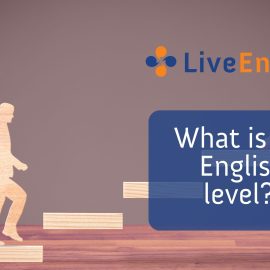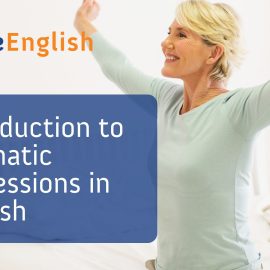
It is sometimes confusing with so many different types of verbs and verb forms in English. So, here is a quick list of some of the terminology to help you to keep them straight.
Different kinds of English verbs
Regular verbs. These are the verbs that change to past tense by adding “ed”. When we use present perfect, they use the same form as for past simple. (e.g. I like her, I liked her, I have liked her for a long time)
Irregular verbs. These are the verbs that are not so standard. (e.g. I read books, I read a book yesterday, I have read 3 books.)
Phrasal verbs. These are a kind of idiomatic language. Idioms are where you put two words together and make a meaning different to the two words separately.
(e.g. I looked it up in the dictionary. look + up = find in the dictionary so it is a phrasal verb)
BUT I looked up the stairs. look + up = look + up so it is not a phrasal verb
Auxiliary verbs. These are the verbs that are not the main verb in the sentence. Some examples are modals (can, should, would, etc); the verbs be, do and have.
Different forms of English verbs
Transitive and intransitive. If a verb takes an object, it is transitive. (e.g. I like to eat oranges- eat takes the object oranges) (I like to sleep- sleep does not take an object so it is intransitive)
Active and Passive. Active verbs make the subject important by placing the subject at the beginning of the sentence. (e.g. I did the work) But a passive sentence is focused on the action not the subject. (e.g. the work was done)
Infinitive (base) form. This is the simpke form of the verb. (e.g. go)
Present participle. This is the “ing” form used to make present continuous. (e.g. I am going)
Past participle. This is the form of the verb that we use for present perfect (also known as V3).
Gerund. This is the “ing” form. This is not a verb. The gerund form is a noun. (e.g. I like swimming)







